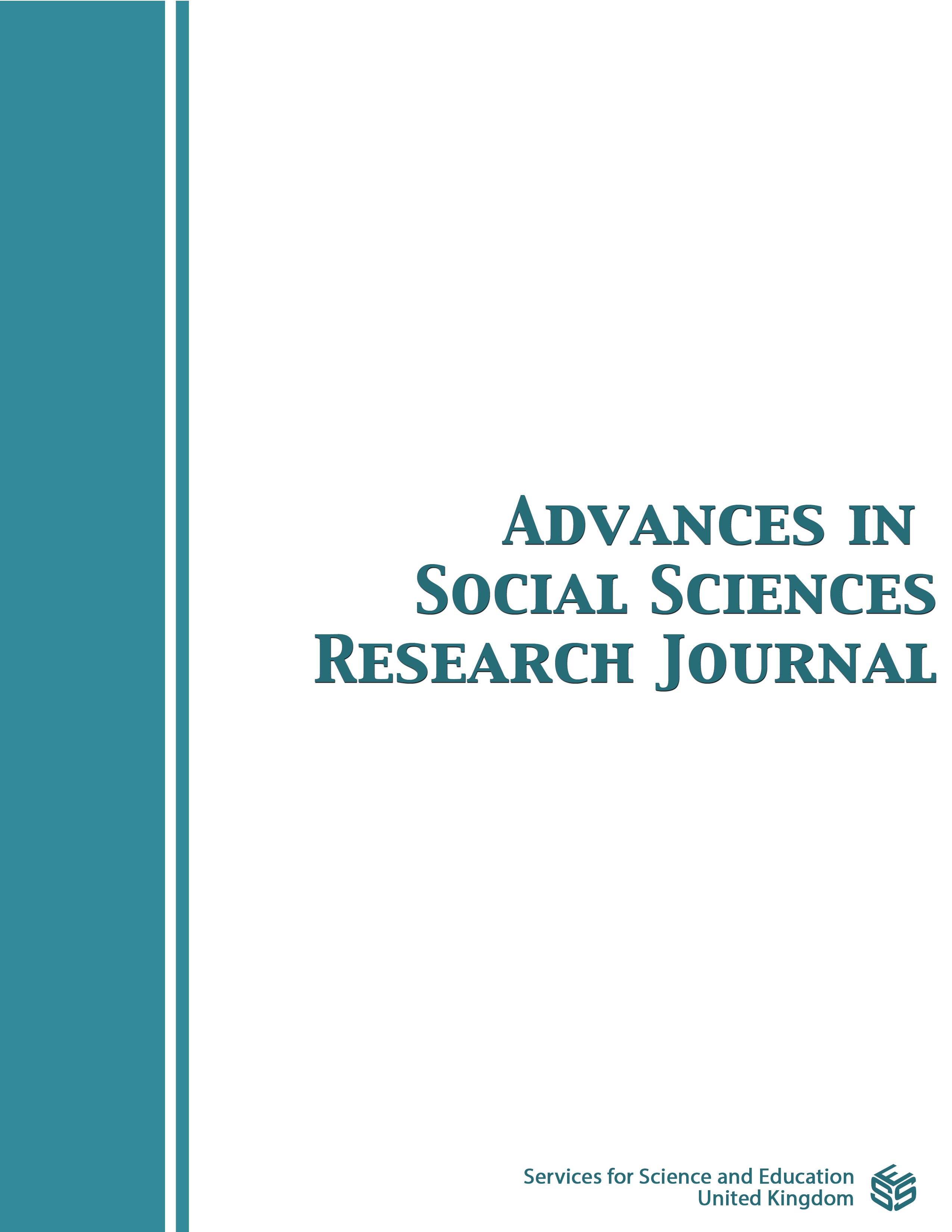Instructional Activities and Study Strategies in Learning Less Commonly Taught Languages
DOI:
https://doi.org/10.14738/assrj.106.14727Keywords:
Instructional activities, study strategies, Japanese language, less commonly taught language, Independent t tests, academic performanceAbstract
The purpose of this study is to investigate the effective instructional activities as well as the effective study strategies for students to use related to their academic performance in less commonly taught language, in the case of learning Japanese. The sample was college students who studied Japanese from 2017 to 2018 at the beginning level. Factor analysis was used to group items into meaningful factors. Independent t tests were used to investigate correlations with Test Scores. The test scores were gathered from the classroom tests (listening and written). Instructions showed that Cooperative and Challenging Instructions revealed statistically positive relation with Test Scores. Communicative Instruction did not show a statistically positive relation with Test Scores. Learning strategies revealed statistically positive relation with Cognitive Strategy, Memory Practice, Study Skills, and Resource Management. Romaji (romanization of the Japanese written language) Use showed negative correlation. The pedagogical implications were presented. Further investigation was suggested using both quantitative and qualitative approaches to together to investigate more in depth.
Downloads
Published
How to Cite
Issue
Section
License
Copyright (c) 2023 Masako M. Nunn

This work is licensed under a Creative Commons Attribution 4.0 International License.
Authors wishing to include figures, tables, or text passages that have already been published elsewhere are required to obtain permission from the copyright owner(s) for both the print and online format and to include evidence that such permission has been granted when submitting their papers. Any material received without such evidence will be assumed to originate from the authors.






